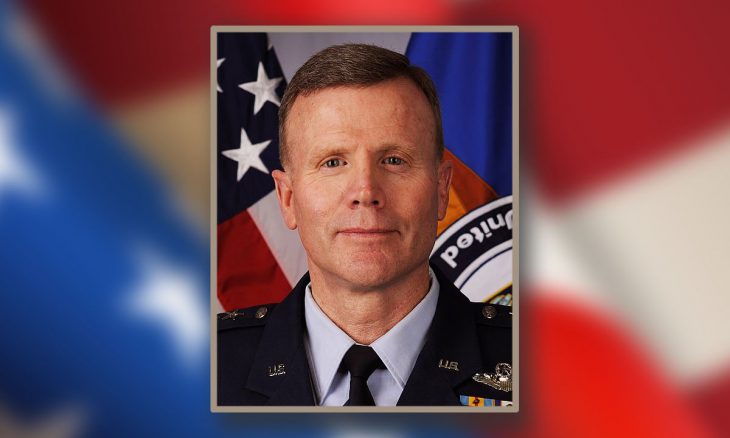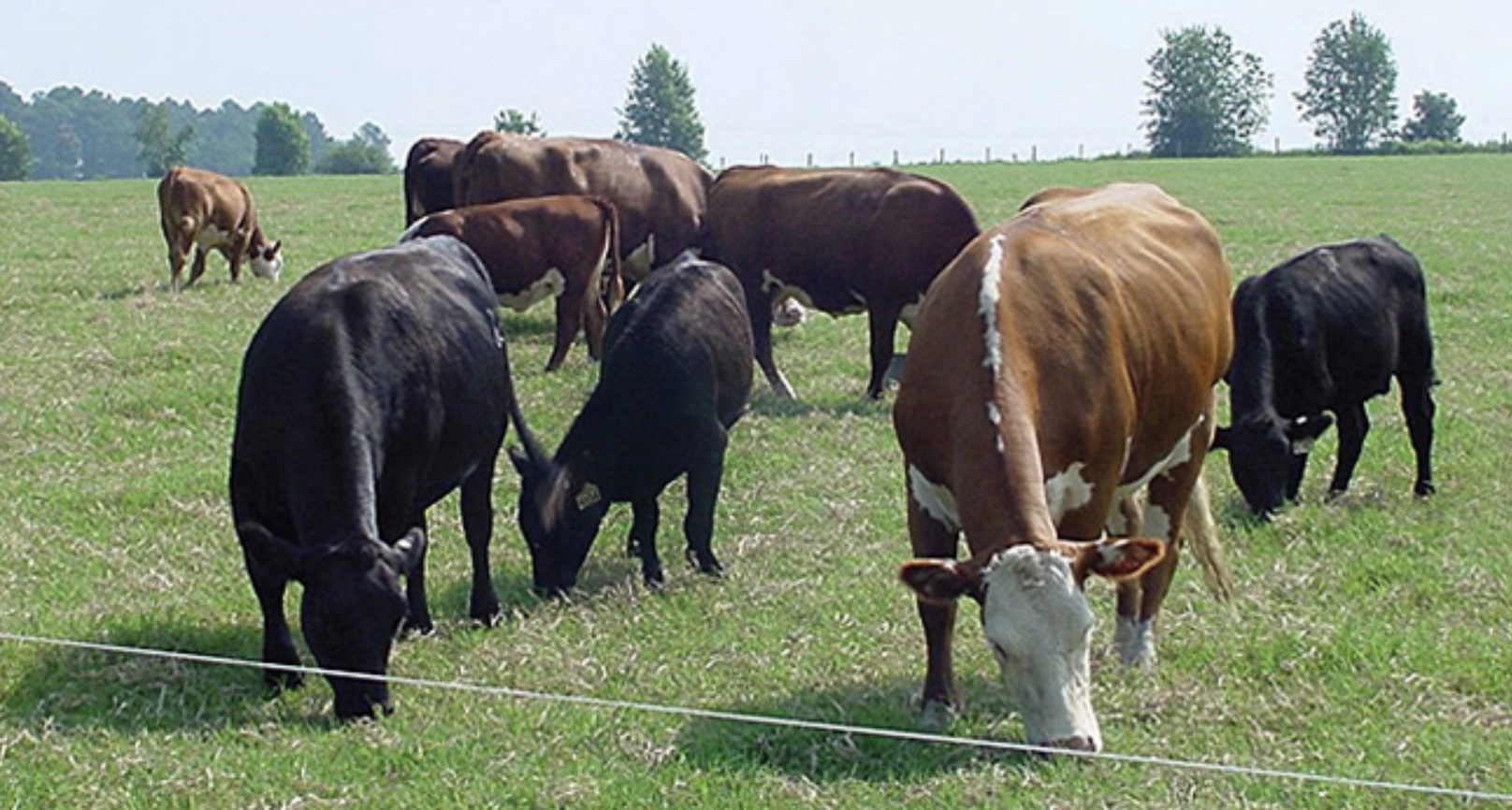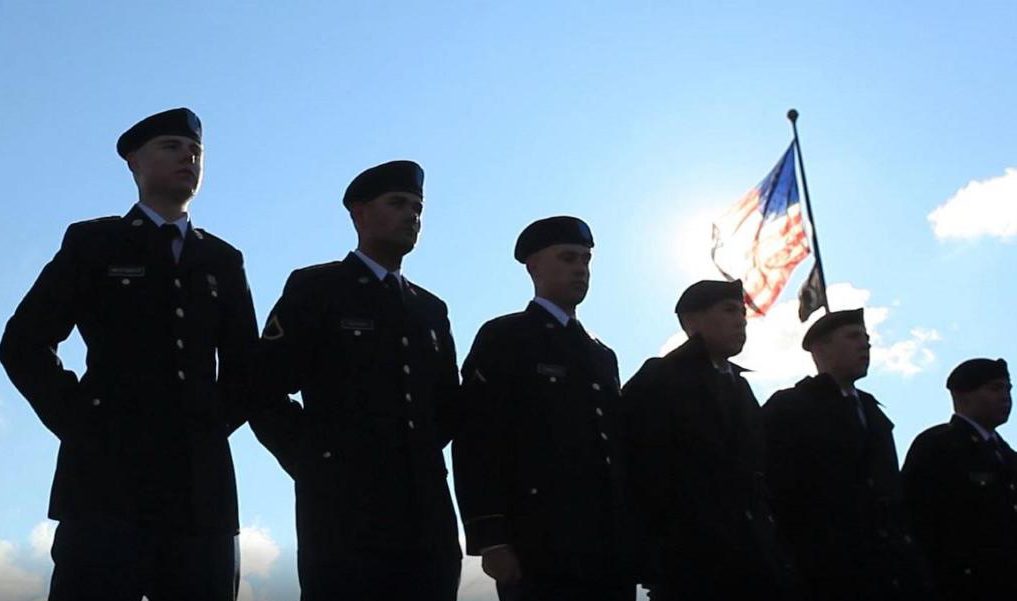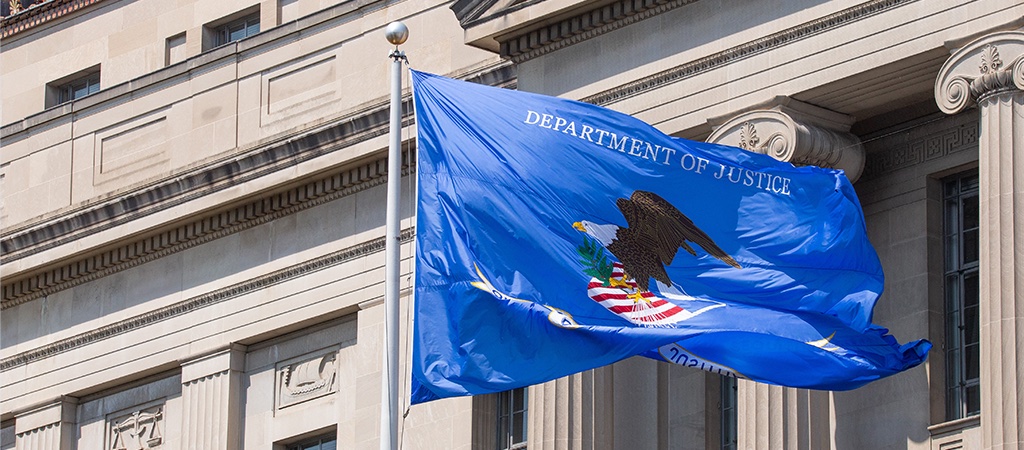General Tod Wolters, USAF
U.S. European Command
Tod Daniel Wolters was born in October 1960 in Hiawatha, Kansas. He holds an undergraduate degree from the U.S. Air Force Academy, a master’s degree from Embry-Riddle Aeronautical University, a master’s degree in strategic studies from the Army War College, and he has completed many other courses through the U.S. military.
He received his commission upon graduation from the Air Force Academy and has held commands on many levels. He deployed in operations Desert Storm, Southern Watch, Iraqi Freedom, and Enduring Freedom. He served in the Office of the Secretary of the Air Force as Director of Legislative Liaison, and in headquarters positions at U.S. Pacific Command.
He is a command pilot with 5,000 flying hours in the F-15C, F-22, OV-10, T-38, and A-10 aircraft.
Since May 2019, he has been Commander, U.S. European Command, out of Germany, and Supreme Allied Commander Europe out of Belgium.
In the News…
The military’s U.S. European Command has become the organizer of a global coalition of nations sending weapons and security aid to Ukraine as it fends off Russia’s efforts to conquer the country.
The command, based in Germany under Air Force General Tod Wolters, is coordinating shipments to the war zone from 14 countries. That includes the latest $350 million in aid from the U.S., as well as newly pledged support from Germany and Sweden, as responses to Russian President Vladimir Putin’s move on Ukraine intensify.
The aid from the U.S. and others has included Javelin-guided anti-tank missiles, which could put Russian armor in jeopardy, and reportedly Stinger air defense missiles to take out Russian piloted aircraft or drones. Countries have also been sending small arms, body armor, helmets, and food rations.
Amid the fighting, European Command tapped into a liaison officer network among allies and partner nations to coordinate support to President Zelenskyy. The U.S. and NATO have bolstered forces along the alliance’s eastern European flank, including Poland, Romania, and the Baltic states, but have made clear that they will not intervene militarily in the conflict.









